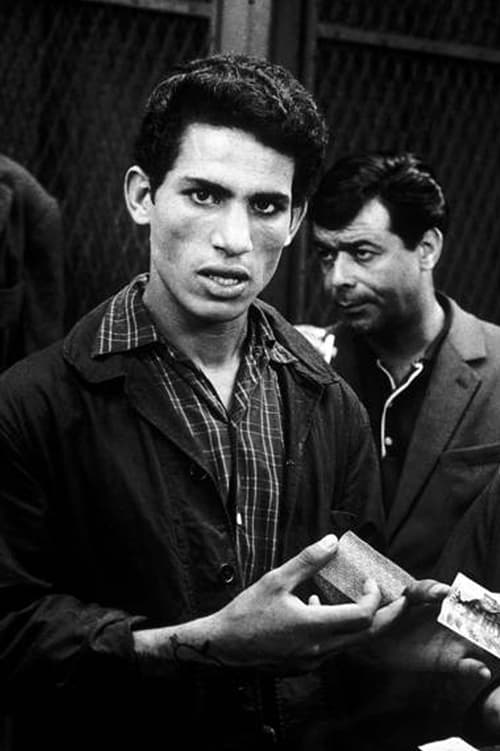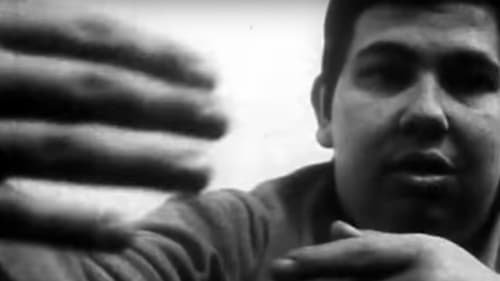Patrol in the East (1971)
Gênero : Guerra, Drama
Runtime : 1H 55M
Director : Amar Laskri
Sinopse
A patrol of the National Liberation Army must convoy a French soldier taken prisoner to the Tunisian border.
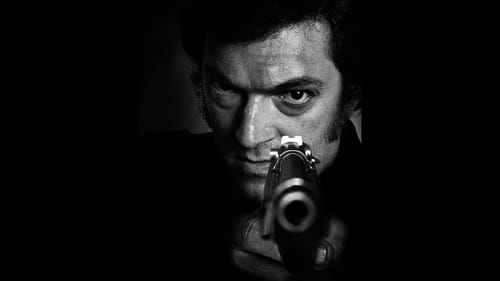
Jacques Mesrine foi um lendário gângster francês que entre 1960 e 1970 tornou-se o inimigo público da França. Também conhecido como "O Homem de Mil Caras", era famoso por sua coragem e suas muitas fugas da prisão.
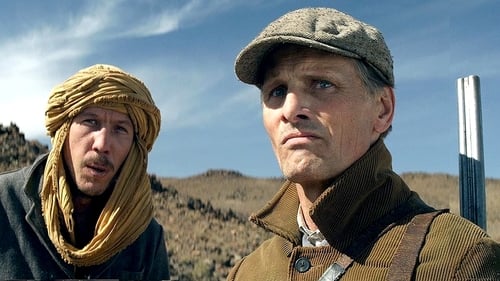
Durante a Guerra da Argélia, em 1954, o professor Daru (Viggo Mortensen) fora recrutado para lutar pelo exército francês. Ele nasceu na Argélia, mas é de família espanhola. Sua identidade e nacionalidade são questionadas por argelinos e também por franceses. Daru não concorda com a guerra e se sente totalmente deslocado. A polícia questiona sua lealdade , acreditando que ele pode ser um traidor disfarçado.
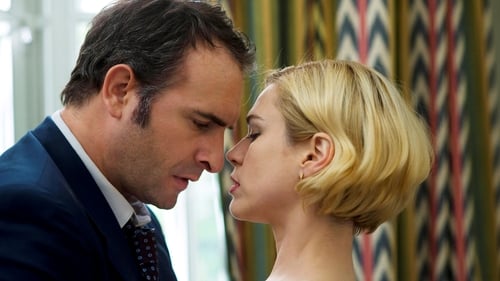
Happily married with a daughter, Marc is a successful real estate agent in Aix-en-Provence. One day, he has an appointment with a woman to view a traditional country house. A few hours later, Marc finally puts a name to her face. It's Cathy, the girl he was in love with growing up in Oran, Algeria, in the last days of the French colonial regime. Marc hurries to her hotel. They spend the night together. Then she's gone again. And Marc's mother tells him Cathy never left Algeria. She was killed with her father in a bombing just before independence...
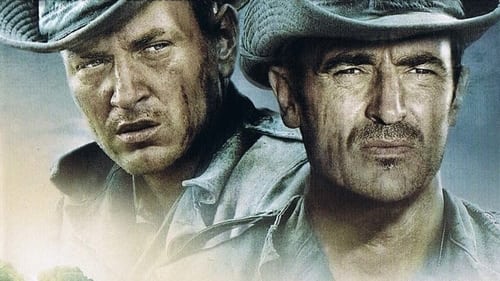
No ano de 1954, foi criada a força civil Frente de Libertação Nacional para libertar a Argélia, então colônia francesa há 130 anos. Em resposta às resoluções da FNL, para negociar a independência, a França enviou 500 mil jovens recrutas para lutarem. Em 1959 dentro do proprio ambiente militar, a tendência à loucura e ao mal se expresava neste período obscuro. Ali, franceses tornaram-se torturadores, não importando se eram crianças, adultos ou idosos, deixando de lado seus valores humanos e, muitas vezes, esquecedo de quem eram. Um dos soldados, chamado pelos companheiros de tenente substituto, começa a se questionar até que ponto esta guerra é realmente justa.

Parisian authorities clash with the Front de Libération Nationale (FLN) in director Alain Tasma’s recounting of one of the darkest moments of the Algerian War of Independence. As the war wound to a close and violence persisted in the streets of Paris, the FLN and its supporters adopted the tactic of murdering French policemen in hopes of forcing a withdrawal. When French law enforcement retaliated by brutalizing Algerians and imposing a strict curfew, the FLN organizes a peaceful demonstration that drew over 11,000 supporters, resulting in an order from the Paris police chief to take brutal countermeasures. Told through the eyes of both French policemen as well as Algerian protestors, Tasma’s film attempts to get to the root of the tragedy by presenting both sides of the story.
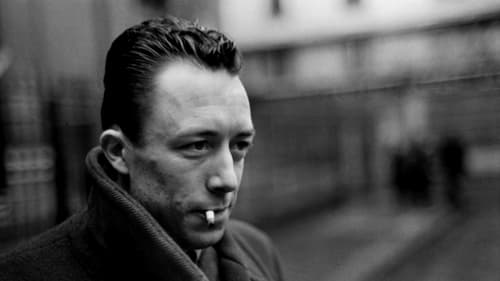
An account of the brief life of the writer Albert Camus (1913-1960), a Frenchman born in Algeria: his Spanish origin on the isle of Menorca, his childhood in Algiers, his literary career and his constant struggle against the pomposity of French bourgeois intellectuals, his communist commitment, his love for Spain and his opposition to the independence of Algeria, since it would cause the loss of his true home, his definitive estrangement.
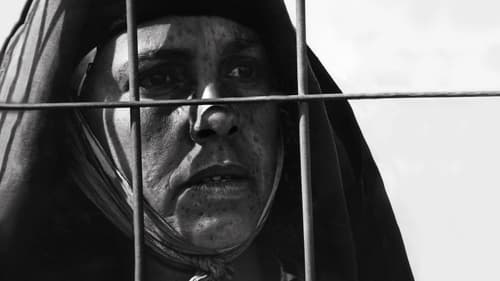
This black-and-white film – the first road movie of Algerian cinema – presents one of the most readily apparent, though subtle, transformations of the daily life of the people of Algeria brought about by the ordeal of French occupation and the war of liberation. With military repression in full force, a peasant woman finds herself alone in her house in the mountains when her only son is taken away by French soldiers soon after her husband is killed in a raid. One day, on seeing a dead chicken, which she considers a bad omen, she decides to leave home, and sets off on a tiring journey through the mountains. With a pair of chickens in tow, she moves from one detention camp to the next in a desperate search for her missing son. The film was inspired by events experienced by the family of its director.
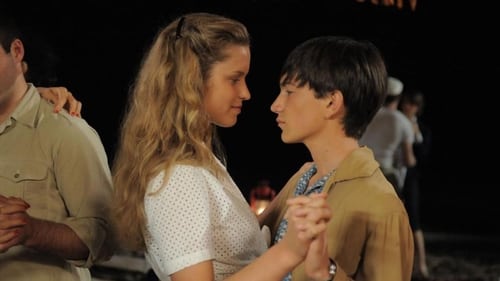
The writer Louis Gardel remembers his youth in Algeria. In 1955, Louis is 15 years old and lives with his grandmother Zoé. Zoé is friend with president Steiger, leader of the French settlers but also with the old Arab Bouarab. One night looking at the Bay of Algiers, Louis is convinced that the world in which he has grown will disappear. The first events of the War of Independence have begun. The young boys and young girls have a good time at the seaside: swimming, dancing, flirting. But, little by little, the war becomes part of their daily life.
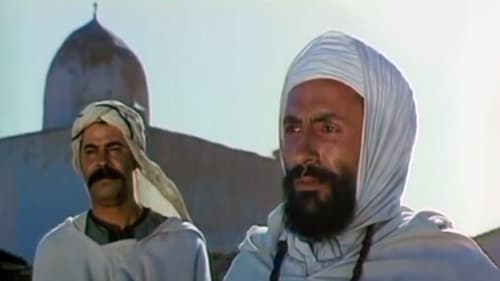
The story of the film revolves around the epic of Sheikh Bouamama, a leader of the national resistance in Algeria during the French colonial era. The events are taking place in southwestern Algeria. The film also tells about different stages of the resistance, especially about one of the uprisings of the Algerian people, namely "the battle of the sons of Sidi Sheikh Bouamama", in which French General Leuti was appointed to try to suppress and end this resistance.
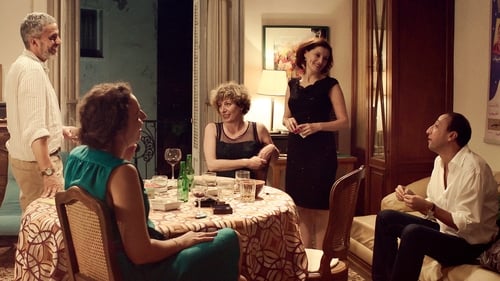
Algiers, a few years after the civil war. Amal and Samir have decided to celebrate their twentieth wedding anniversary in a restaurant. While on their way, their share their views on Algeria: Amal talks about lost illusions and Samir about the necessity to cope with them. At the same time, their son Fahim and his friends Feriel and Reda are wandering about in a hostile Algiers about to steal their youth.
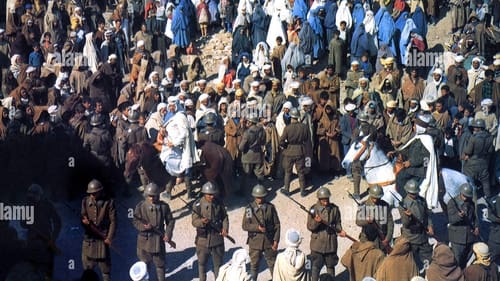
Vencedor do prestigiado Palma de Ouro no Festival de Cannes em 1975, “Chronique Des Années De Braise” retrata a luta da Argélia pela independência do domínio colonial francês. A história segue a migração de um camponês de sua aldeia devastada pela seca à sua eventual participação com o movimento de resistência argelina, pouco antes da eclosão da Guerra de Independência da Argélia.

Um 'Coronel Reformado' é encontrado morto em Paris, algumas décadas depois de a Argélia ter vencido a luta pela independência da França. O tenente Galois é encarregado da investigação deste assassinato. Ela recebe o diário do tenente Guy Rossi, que serviu sob o comando do Coronel na Argélia em 1956, e foi relatado como desaparecido em ação desde 1957. As revelações encontradas no diário de Rossi vão muito além das ações do Coronel na Argélia e dão uma ideia de como A guerra da Argélia para a Independência estava realmente suja. (e 12 - Estimado 12 Anos)
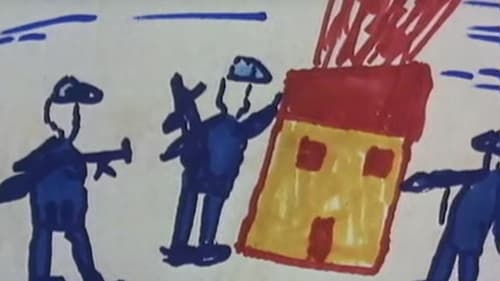
Algerian children, survivors of the war and refugeeing in Tunisian camps, recount the tragic events they have experienced, from drawings they have made themselves.

Directed by Mustapha Badie.

A patrol of the National Liberation Army must convoy a French soldier taken prisoner to the Tunisian border.
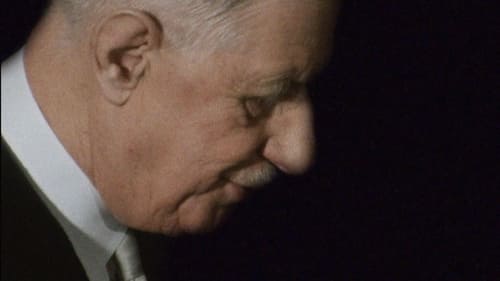
Charles de Gaulle, the first president (1958-1969) of the Vth Republic, France’s current system of government, left his mark on the country . He was statesman of action and has been compared to a monarch. This film depicts the general’s personality through the great events of his presidential term, at a time when the world was undergoing considerable changes.
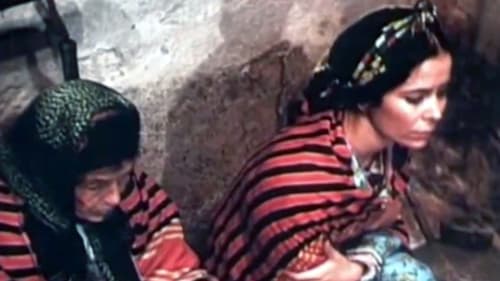
An Algerian doctor decides to leave the troubles in Algiers and goes back to his hometown, a small village lost in the mountains. There, however, the situation is explosive as well, as the guerilla is active and the French military has to keep a close watch on the locals...
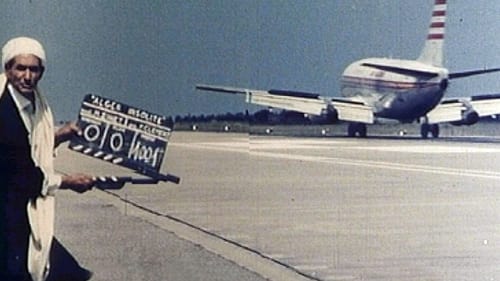
Originally commissioned by the city of Algiers to promote tourism, Mohamed Zinet’s Tahia ya Didou blends documentary with fiction to create a poetic, acerbic and rapturous portrait of the director’s native city. The camera travels freely, through the port, market, streets and cafés, capturing everyday people, some of whom recur frequently enough to seem like protagonists. The nominal plotline follows a French tourist couple’s leisurely visit to the city, the man having previously served in the army during the Algerian war. As they walk around, his comments betray his mindset’s racist colonial prejudices, while his wife reiterates asinine clichés. Their unhurried wandering is interrupted when he comes across a blind man and realises that he tortured him during his army service. The film is punctuated with punchy sequences that show a poet named Momo delivering verse as an elegy for Algiers.



